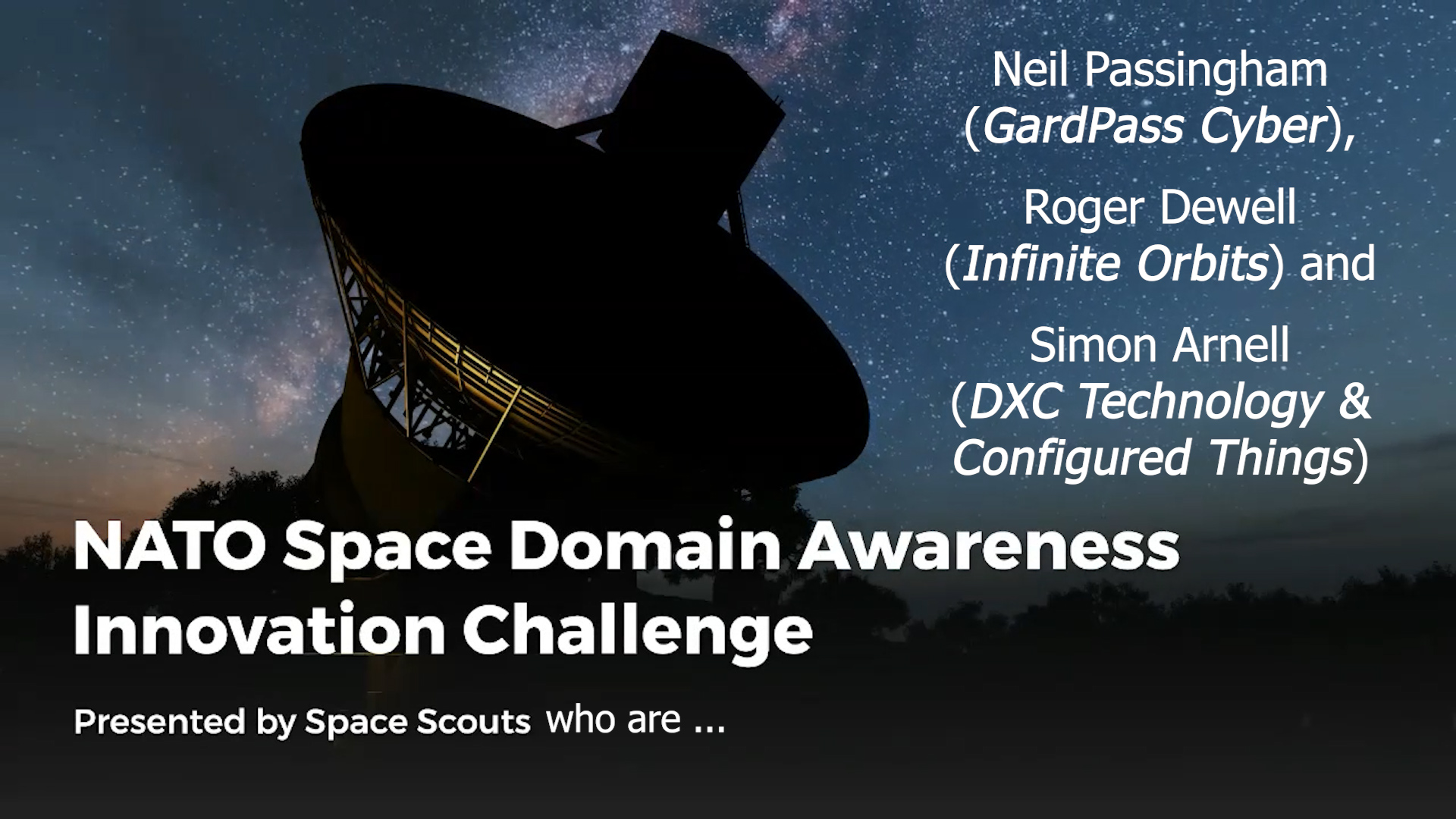GPC is giving some answers regarding streaming
Streaming seems to be the normal way to listen to music or watch movies – for most. I can hardly remember using physical media such as CDs and DVDs.
But there are questions about its future. I will explore a few of these here.
1. Is video streaming, 4K for example, as scalable (and cost-effective) as traditional broadcast media? There are limitations currently. A BBC whitepaper (WHP336) discusses whether HTTP/2 (the 2015 reincarnation of the HTTP protocol that powers the internet) is the answer to scalability concerns. Its “Server Push” and QUIC protocols are yet to fully realise the promised performance improvements, however the paper suggests that the BBC R&D’s experiment with IP Multicast is going some way to greatly improving scalability and reducing operational costs for unidirectional HTTP flows applicable to media streaming.
https://www.bbc.co.uk/rd/publications/whitepaper336
2. How does streaming compare environmentally with the use of the equivalent physical media?
Media streaming requires reasonable connection strength and reliability naturally. Logically, there are several positive environmental differences such as no packaging, less emissions from manufacturing facilities and fewer air-miles in transportation of physical media.
According to the “Lean ICT Report” produced in 2019 by the Shift Project, the carbon footprint of our gadgets, the internet and the systems supporting them account for about 4% of global greenhouse emissions, according to many estimates. It is similar to the amount produced by the airline industry globally and these emissions are predicted to double by 2025, say the Shift Project.
However, the numbers have been challenged recently by some digital/energy analysts, including George Kamiya of IEA. He claims that the climate impacts of streaming video remain relatively modest.
Streaming does involve use of power-hungry servers in data centres, which themselves have environmental costs in addition to the construction and running costs. However, the energy efficiency of data centres and networks is improving rapidly – doubling every couple of years according to the so-called “Koomey’s Law” – largely driven by a range of cloud services, AI, bitcoin mining, virtual reality, 5G etc.
Due to this and the adoption of “hyperscale” data centres, it is hoped that energy use and emissions from streaming remains at roughly current levels as the demand grows.
But this is contested in many quarters as demand is growing hugely as users expect ever higher experiences.
Attempting to use natural cooling is not an unknown phenomenon and large tech companies have pursued optimal locations before, e.g. in 2013, Facebook opened a data centre in Northern Sweden claiming it to be naturally cooled. Google and Apple have followed in the Nordic countries; however, the issue is that all these centres need to heat the servers’ facilities during the winter. Iceland seems to be the optimal location as annual temperatures vary little (consistently between -10C and +20C) and there is the benefit of sustainable green power from hydro and thermal energy sources.
So the total cost of ownership should be considered carefully, so that the costs across their lifecycle can be compared with the equivalent costs for mines, factories, warehouses, ships etc that are involved in traditional manufacturing and distribution of physical media items.
3. Are my entertainment habits making climate change even worse?
As a media lover, I enjoy the flexibility, choice, and convenience of streaming. But I suggest that we must consider how we do this.
For example, there is a big difference in environmental impact between levels of media quality (resolution). So, when you stream, spare a moment to think about where your media is coming from and how you can make choices to ensure it is sustainable.
Or you can just plant a few trees – but that is a subject for another blog I think.
Follow GardPass Cyber on:
LinkedIn page: https://www.linkedin.com/company/gardpass-cyber/
Twitter: https://twitter.com/Gardpasscyber
Facebook: https://www.facebook.com/gardpasscyber




.png)

